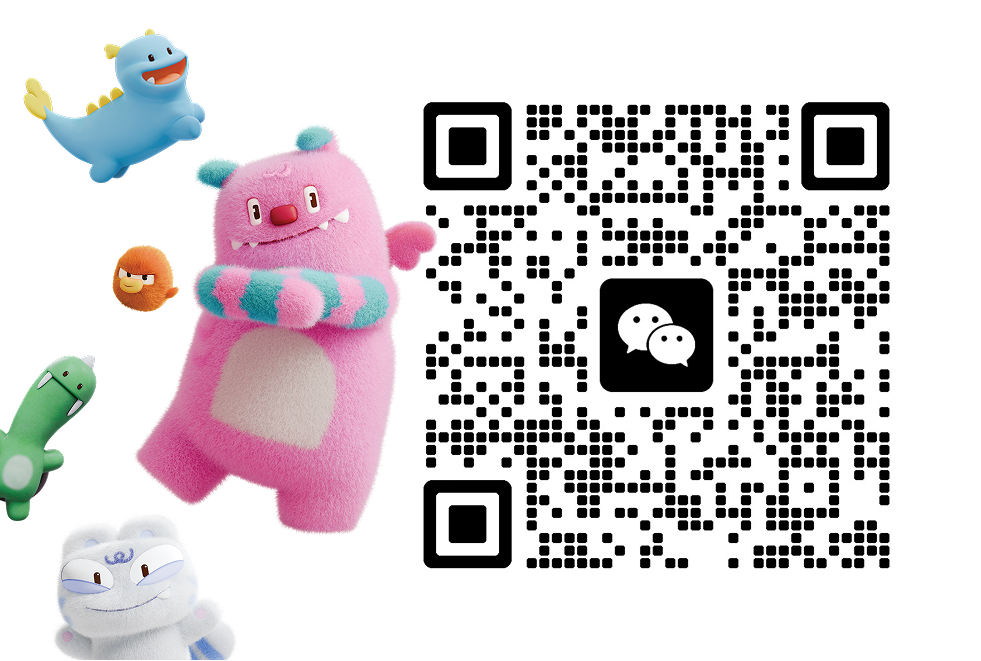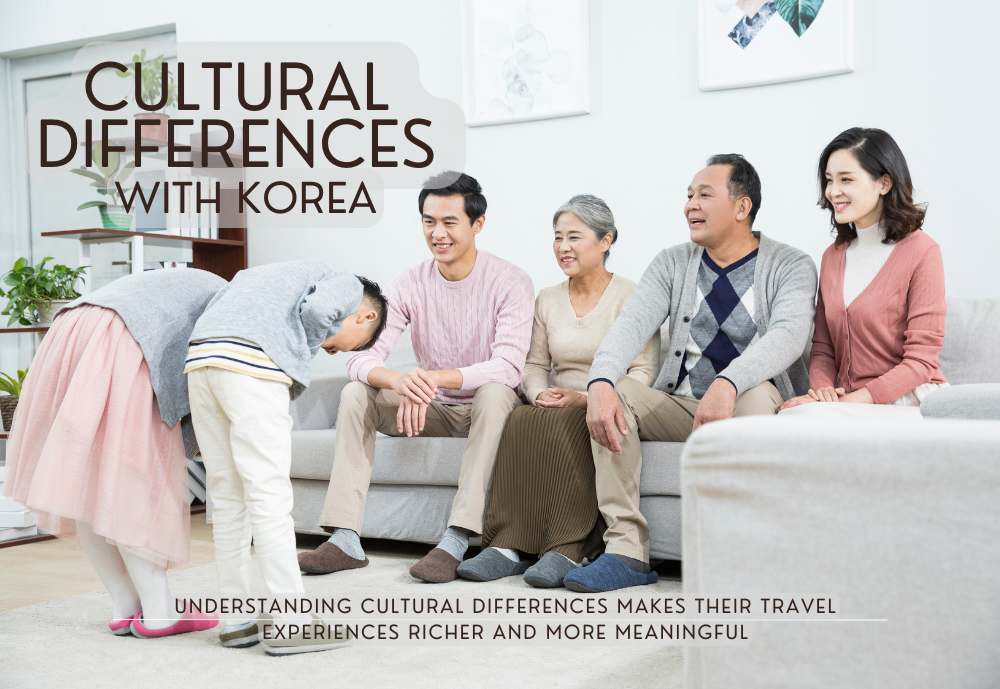
이번 아티클에서는 외국인들을 대상으로 한 설문조사 결과를 바탕으로, 서울을 방문하면서 가장 많이 느낀 문화 차이 다섯 가지를 자세히 살펴보고자 한다. 이를 통해 외국인들이 서울에서 느끼는 문화적 경험을 더욱 깊이 이해할 수 있을 것이다.
| 좌식생활
 좌식문화는 단순히 앉는 방식 이상의 의미를 가지고 있다. 한국의 전통적인 생활방식에서 사람들은 바닥에 앉아 식사를 하고, 모여 앉아 대화를 나누는 일이 많았다. 이는 공간을 효율적으로 사용하면서도 가족과의 유대감을 강화하는 데 중요한 역할을 했다. 전통적인 한옥에서 볼 수 있는 온돌 시스템은 바닥에서 나오는 따뜻한 열기로 방을 따뜻하게 하여, 더욱 자연스럽게 바닥에서 시간을 보내게 만든다.
| 빠르고 편리한 배달문화
좌식문화는 단순히 앉는 방식 이상의 의미를 가지고 있다. 한국의 전통적인 생활방식에서 사람들은 바닥에 앉아 식사를 하고, 모여 앉아 대화를 나누는 일이 많았다. 이는 공간을 효율적으로 사용하면서도 가족과의 유대감을 강화하는 데 중요한 역할을 했다. 전통적인 한옥에서 볼 수 있는 온돌 시스템은 바닥에서 나오는 따뜻한 열기로 방을 따뜻하게 하여, 더욱 자연스럽게 바닥에서 시간을 보내게 만든다.
| 빠르고 편리한 배달문화
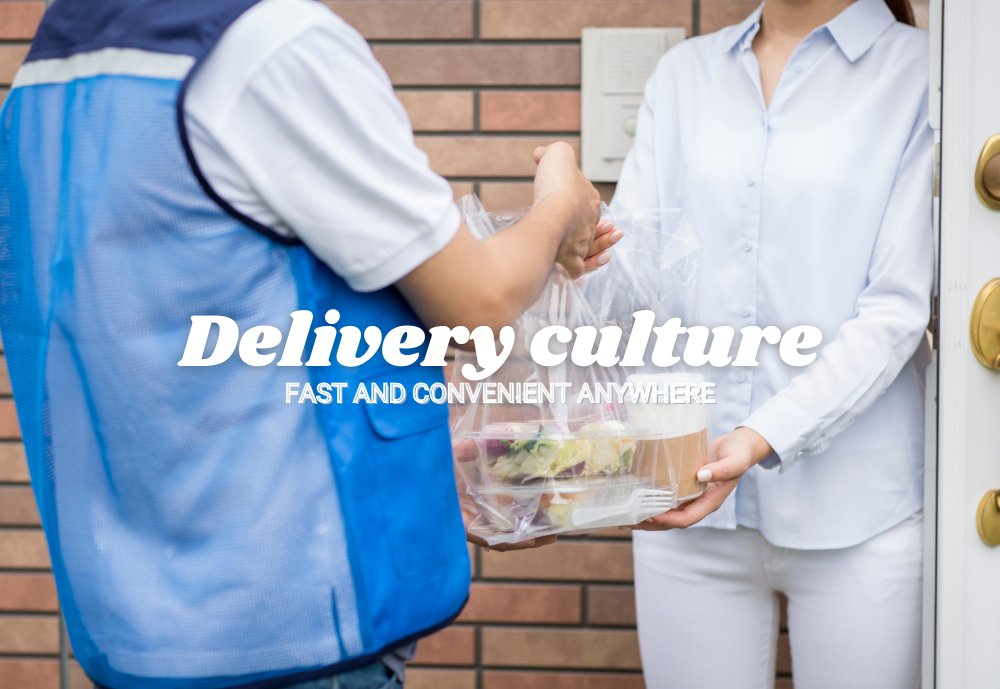 한국은 배달 문화가 매우 발달한 나라입니다. 대부분의 음식이 집으로 바로 배달이 가능하며, 배달 서비스 앱을 이용하여 바쁜 일상 속에서도 빠르고 간편하게 식사를 해결할 수 있다. 외국인에게는 특별한 경험이 될 이 배달 문화는 이제 한국 생활의 일부분이 되어 많은 사람들이 일상적으로 이용하고 있다.
| 공용 화장실 양치문화
한국은 배달 문화가 매우 발달한 나라입니다. 대부분의 음식이 집으로 바로 배달이 가능하며, 배달 서비스 앱을 이용하여 바쁜 일상 속에서도 빠르고 간편하게 식사를 해결할 수 있다. 외국인에게는 특별한 경험이 될 이 배달 문화는 이제 한국 생활의 일부분이 되어 많은 사람들이 일상적으로 이용하고 있다.
| 공용 화장실 양치문화

공용 화장실에서 양치를 하는 것에 대한 문화적 차이가 있을 수 있지만, 한국에서는 개인 위생을 중요시하여, 공용 화장실에서 양치를 하는 것이 꽤 일반적이다. 다만, 공용 화장실에서 양치를 할 때에는 몇 가지 예절을 지키는 것이 중요하다. 다른 사람들을 배려하여 세면대가 혼잡하지 않도록 하고, 치약이나 물이 바닥에 떨어지지 않도록 주의해야 한다. 또한, 사용 후에는 주변을 깨끗이 정리하고 가는 에티켓이 있다.
| 함께하는 식사 문화
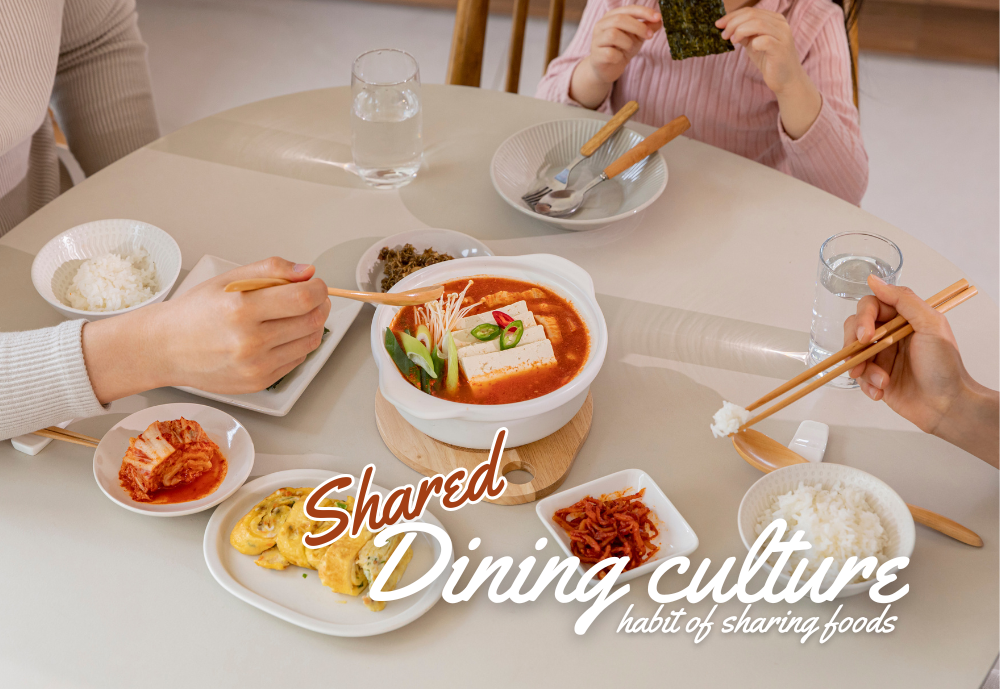
한국에서 음식을 나눠 먹는 문화는 단순한 식사 행위를 넘어서, 사람들 간의 관계를 더욱 깊게 만들어주는 중요한 요소다. 한국에서는 가족, 친구, 동료와 함께 음식을 나누며 소통하는 것이 일상적인 문화로 자리잡고 있다. 식탁 위에는 여러 가지 음식을 함께 놓고, 모두가 그 음식을 나눠 먹으며, 자연스럽게 대화가 오가고, 서로의 관심을 나누게 된다. 음식을 함께 나누는 것만으로도 사람들 사이에 친밀감이 형성 사람들 간의 관계를 더욱 따뜻하고 원활하게 만들어 준다.
| 나이, 서열 문화
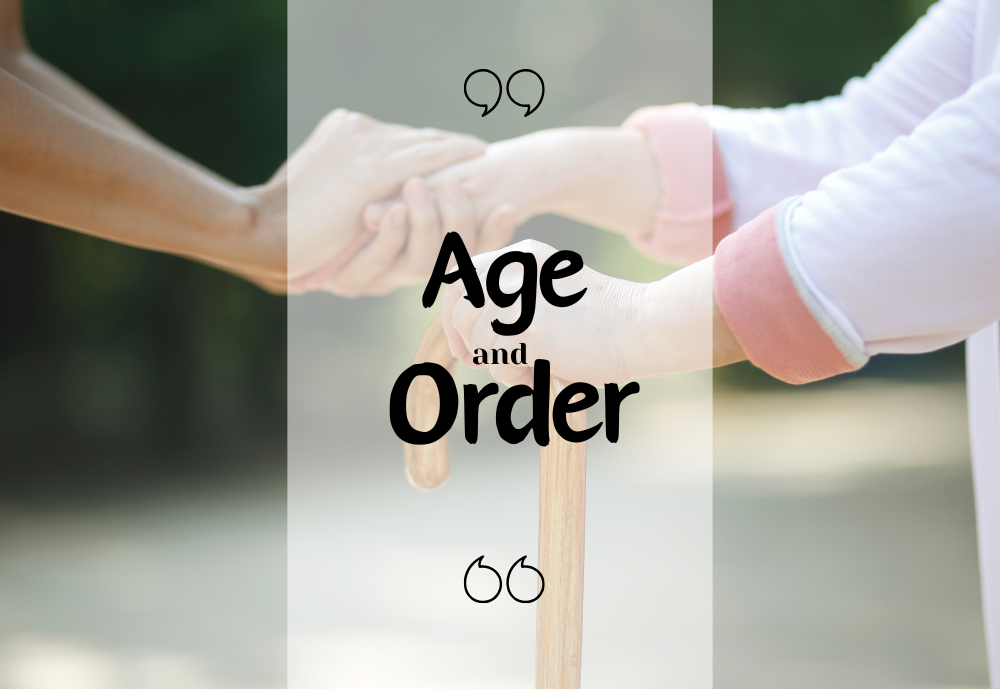
한국의 나이와 서열 문화에 대해 이해하는 것은 한국 사회를 깊이 이해하는 데 큰 도움이 될 수 있다. 한국의 나이,서열문화는 오랜 역사와 전통을 가지고 있으며, 나이가 어린 사람은 나이가 많은 사람에게 예의를 갖추는 것이 기본적인 예절이다. 예를 들어, 나이가 많은 사람과 대화할 때는 존댓말을 사용하고, 식사할 때는 어른이 먼저 시작하는 것이 일반적이다. 한국의 나이와 서열 문화는 여전히 중요한 부분을 차지하지만, 시대와 함께 조금씩 변화하고 있다. 외국에서 온 사람들이 이 문화를 이해하고 존중하는 것은 한국에서의 원활한 관계 형성에 많은 도움이 될 것이다.
- Article in English
-

This article will delve into the top five cultural differences most commonly noticed by foreigners during their visits to Seoul, based on survey results. Through this, we aim to provide a deeper understanding of the cultural experiences foreigners encounter in Seoul.
| Floor-Seated Lifestyle

The floor-seating culture holds more significance than just a way of sitting. In Korea's traditional lifestyle, people often sat on the floor to share meals and engage in conversations, fostering family bonds while utilizing space efficiently. The traditional ondol system, commonly found in hanok (traditional Korean houses), warms rooms through heat radiating from the floor, naturally encouraging people to spend time seated on the floor.
| Fast and Convenient Delivery Culture

Korea is a country with a highly developed delivery culture. Most foods can be delivered directly to your home, and with the use of delivery service apps, it’s easy and quick to enjoy meals even amidst a busy lifestyle. This delivery culture, which offers a unique experience for foreigners, has become an integral part of daily life in Korea, widely used by many people.
| Toothbrushing in Public Restrooms

There may be cultural differences regarding brushing teeth in public restrooms, but in Korea, personal hygiene is highly valued, making it quite common. However, it is important to follow certain etiquette when brushing teeth in shared spaces. Be considerate of others by avoiding overcrowding the sink area, ensuring toothpaste or water doesn’t spill on the floor, and cleaning up after yourself to leave the area tidy.
| Communal Dining Culture

In Korea, the culture of sharing food goes beyond a simple act of eating; it plays a significant role in strengthening relationships. It is a common practice to share meals with family, friends, and colleagues, fostering communication and connection. Various dishes are placed on the table for everyone to share, creating an atmosphere where conversations flow naturally, and people exchange care and attention. The act of sharing food itself builds a sense of closeness, making relationships warmer and more harmonious.
| Age and Hierarchy Culture

Understanding Korea's age and hierarchy culture can greatly enhance one's insight into Korean society. Rooted in long-standing history and tradition, it is customary for younger individuals to show respect to their elders. For example, using honorific language when speaking with older people and waiting for elders to start eating during meals are common practices. While this age and hierarchy culture remains an important aspect of Korean life, it is gradually evolving with the times. For foreigners, understanding and respecting this culture can significantly aid in building smooth and meaningful relationships in Korea.








